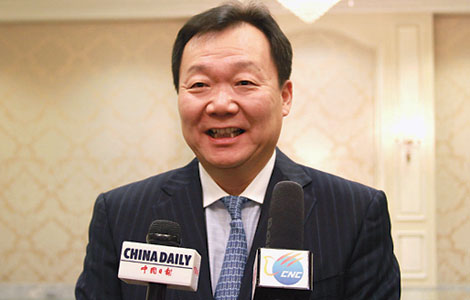Middle class willing to spread investments beyond property
Updated: 2013-03-29 02:22
By SHI JING in Shanghai (China Daily)
|
||||||||
|
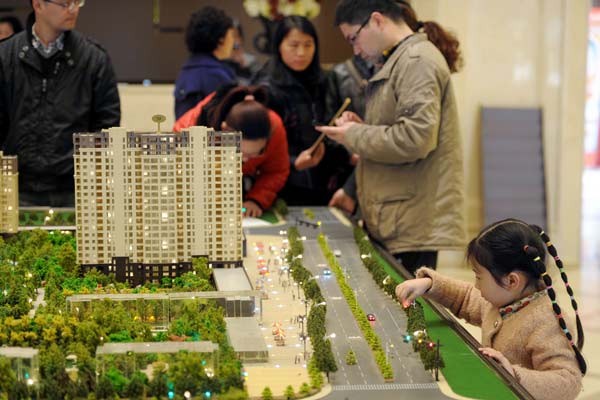 |
|
Property buyers look at real estate models in Hangzhou, Zhejiang province. According to a report by Forbes China, 96.7 percent of the Chinese middle class own apartments. Dong Xuming / for China Daily |
The Chinese middle class — the main driving force behind national consumption — is growing rapidly and investing in many areas of the economy, not just property.
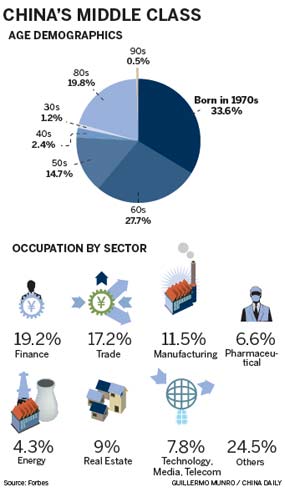 So says a report from Forbes China, which now identifies the country's middle class as those with "investable" financial assets worth between $100,000 and $1 million.
So says a report from Forbes China, which now identifies the country's middle class as those with "investable" financial assets worth between $100,000 and $1 million.
Its Chinese Mass Affluent Group Report 2013, released on Thursday, said their financial assets are spread across cash, deposits, securities, funds, bonds, insurance and other financial wealth management products, as well as individually held property.
Over the past four years, the total financial assets of the Chinese middle class remained at 1.33 million yuan ($213,900) per capita, said Shi Guowei, research director of Forbes China, who co-wrote the report.
The numbers reached 10.26 million by the end of 2012 and are expected to rise to 12.02 million by the end of this year.
Zhou Jiangong, the editor in chief of Forbes China, added: "The Chinese middle class has been overlooked in the past few years, but they are playing a significant role in the economic and social development of the country.
"As urbanization proceeds, the Chinese mass affluent, or the middle class, will of course expand."
"The ways the Chinese accumulate their personal wealth have been oversimplified, in that property became the most popular means of investment.
"There really is a lack of diversity in financial products with fixed income due to the country's little-developed interest rate marketization and the infantile asset-backed securitization.
"There is a huge amount of deposits, while domestic consumption has not yet been boosted," said Lyu. "But there will be an undisputable growing need for wealth management products in future."
However, the middle class still demonstrated a strong willingness to invest.
The report said 88 percent of respondents said they had used their assets to invest in different areas, in the hope of expanding their wealth.
But at the same time, about the same number said they preferred low-risk investment options, with many buying wealth management products, funds and securities.
Private company owners made up 49.4 percent of the respondents, with the majority of the rest classifying themselves as State-owned or multinational company executives, or professionals such as lawyers.
Although most wish their children to pursue overseas study, 75 percent said they have no plans to migrate themselves, largely because their companies rely on the Chinese economy, said Shi.
Yang Xiaolong, chairman of Zhejiang Gete Clothes Co Ltd, moved to France in 1990 to start manufacturing jeans. But he returned to China in 2000 to export garments.
"It is better to stay in China for the sake of convenience, and for the business opportunities," said Yang.
shijing@chinadaily.com.cn

 Qingming Cultural Festival opens in C China
Qingming Cultural Festival opens in C China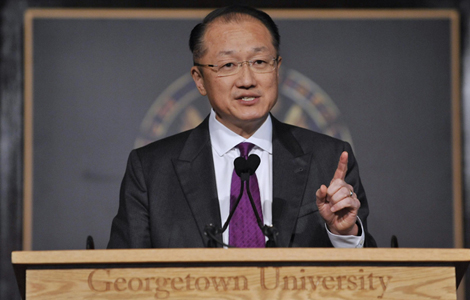
 World Bank seeks end to extreme poverty by 2030
World Bank seeks end to extreme poverty by 2030
 World Trade Center rises again
World Trade Center rises again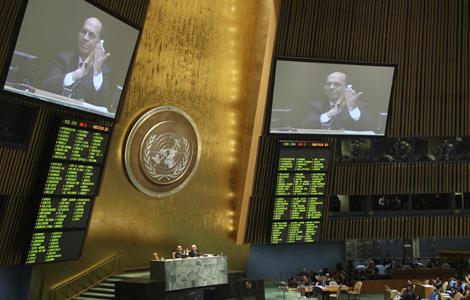
 UN General Assembly approves Arms Trade Treaty
UN General Assembly approves Arms Trade Treaty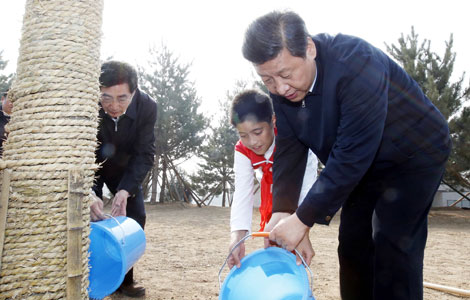
 Xi gives green light for planting
Xi gives green light for planting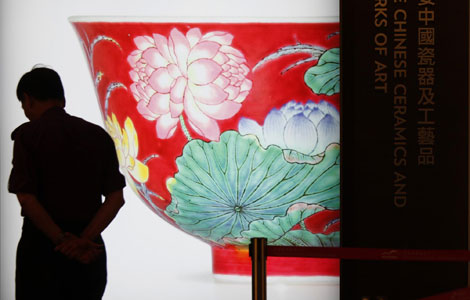
 Sotheby's to hold Spring Sale in HK
Sotheby's to hold Spring Sale in HK
 Cities urged to step up drainage improvements
Cities urged to step up drainage improvements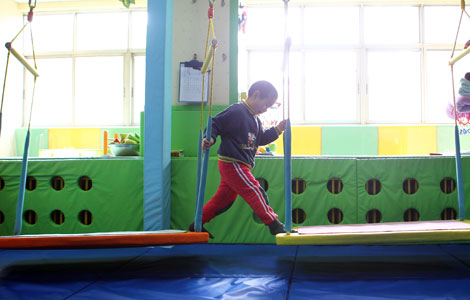
 Opening up on autism
Opening up on autism
Most Viewed
Editor's Picks

|
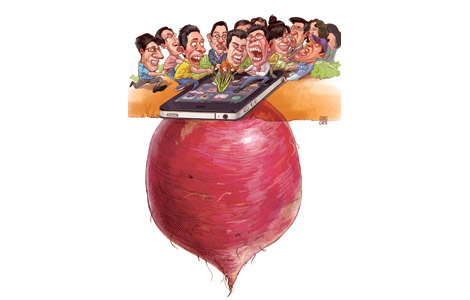
|

|

|

|

|
Today's Top News
China, US to deepen military ties
BYD to build electric bus assembly plant
Chinese becoming US citizens decline
Beijing calls for DPRK talks
Kerry reaffirms defense commitment to ROK, Japan
Caroline Kennedy may be US envoy to Japan
New Chinese Ambassador arrives in US
Apple revises warranty terms
US Weekly

|

|

